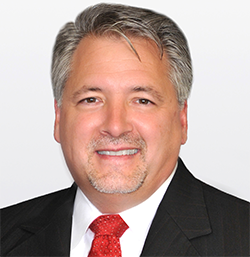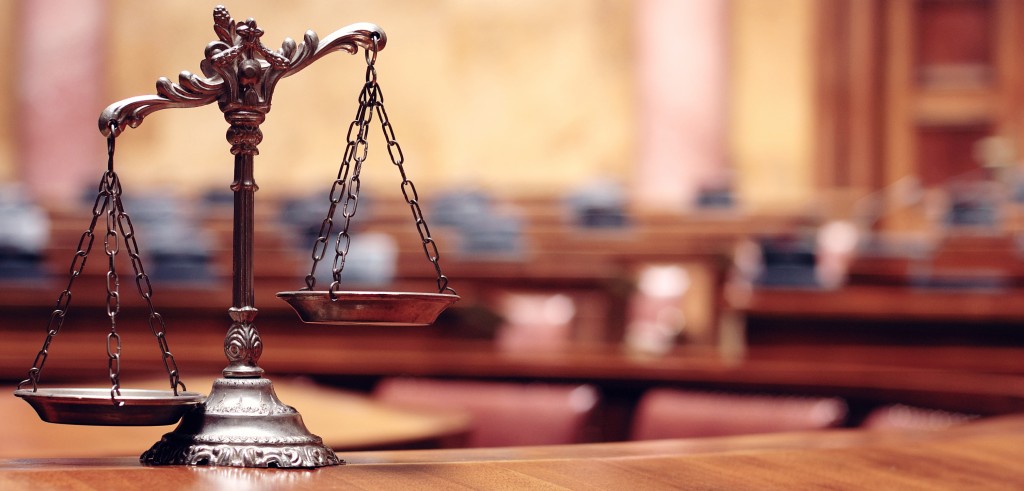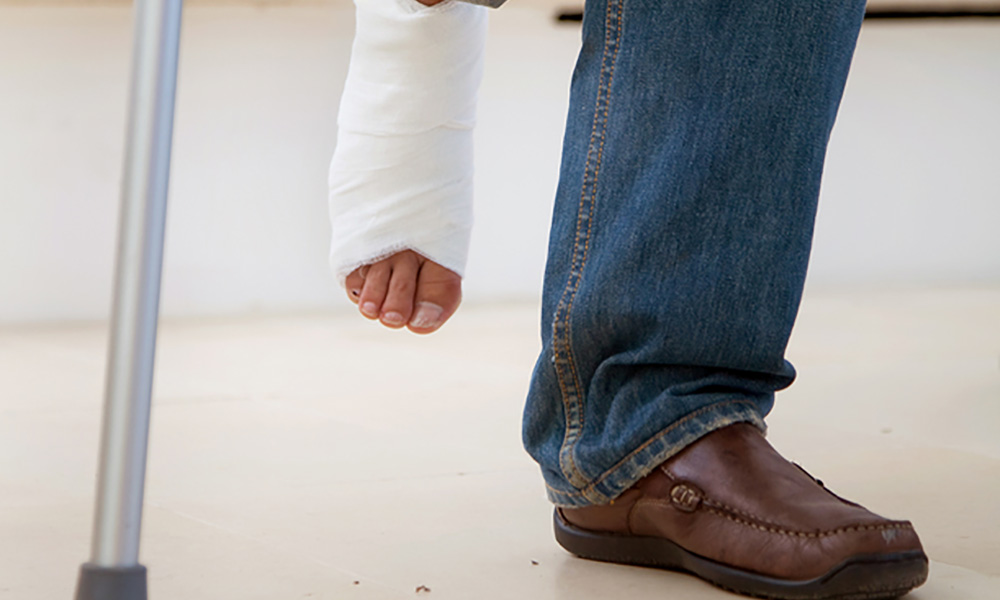Being in an accident (car, bike, truck, bus) can be terrifying and disorienting. It’s especially true if you receive calls or letters from insurance representatives or lawyers representing other people involved in the accident, claiming you have some liability for it. You may feel paralyzed and unsure of what steps to take. Here’s what you need to know.
At What Point After Having an Accident Should Reach Out to an Attorney?
The only specific time frame that must be followed is California’s statute of limitations on personal injury, which states that people have two years from the date of the accident to file claims (or if the injury wasn’t discovered right away, one year from the date the injury was diagnosed). A statute of limitations is the deadline for filing claims. Once that’s passed, it’s nearly impossible to pursue damages.

However, waiting until the last minute is not a great idea. Filing claims or suing for damages requires preparation and paperwork, and rushing through it could lead to errors or missteps that could result in damages being reduced or denied.
Ideally, following the set of steps listed below is recommended.
Call the Police
If you’re injured badly enough that you must go to the hospital, this and the next step won’t apply.
If you’re not severely injured, call the police to file a report. The police report is part of the evidence that’s useful when you pursue damages. Calling the police doesn’t mean someone will be arrested. Instead, the officer will assess the accident and write a report detailing the specifics.
Collect Information and Evidence
Make sure to collect the name, contact info, and insurance details of any other people involved in the accident. However, don’t discuss the accident with them. This is not the time to assess blame.
If there are eyewitnesses to the accident, collect their contact info as well. Note if there are buildings nearby, whether residential or business, that could have security cameras that might have recorded the accident.
See a Doctor
This is incredibly important. Even if you feel fine, you need to see a doctor to be sure.

There are many injuries, including severe and even life-threatening ones, that don’t always exhibit symptoms right away. Left untreated, they can worsen. This should be done as soon as possible after the accident.
Contact a Personal Injury Attorney
Once you know if you’ve been injured or not (or if anyone else involved in the accident was injured), reach out to a lawyer who specializes in personal injury and accident cases. The sooner we can get started on your case, the better, especially if it appears you may have been partly at fault in the accident that caused your injuries (see below for why that’s important).
What Is California’s Law Regarding Comparative Negligence?
When an accident occurs, and there are damages, whether only for the vehicles involved or for bodily injury, a concept commonly known as comparative negligence comes into play. There are generally three types of comparative negligence used by different states in the U.S.
Contributory negligence. This is the harshest form of comparative negligence, and it’s used in only five states. The law in these states says that if someone is even 1% responsible for the accident, they forfeit any right to pursue damages or claims.
Modified comparative negligence. The majority of states follow this, which says that if someone is either 50% or 51% responsible (the percentage varies from state to state), they can’t receive damages for their injuries.
Pure comparative negligence. In this case, someone could be 99% responsible for the accident that caused their injuries and still receive 1% of the damages awarded. An example would be a car that ran a red light being hit by a drunk driver. The car that ran the red light is assessed 30% of the responsibility for the accident, and the driver of that car is awarded $10,000. They would ultimately receive $7,000, a 30% reduction in the damages.
California uses pure comparative negligence.
Is There Anything I Shouldn’t Do After an Accident?
As mentioned above, don’t postpone seeing a doctor. Besides that, the most important thing not to do is enter into any communications with the other parties involved in the accident, their insurance representatives, or their attorneys.
Because California is a pure comparative negligence state, the other party’s insurance rep or attorney will be motivated to direct as much fault for the accident onto you as possible. They will likely try to engage you in conversation to see if you will say something they can construe as taking the blame. Another tactic they’ll use is to try to convince you to sign a settlement agreement for an amount far lower than you might be eligible for.

That’s why it was recommended above that you don’t talk with the other parties at the scene of the accident and don’t respond to insurance reps or attorneys. Refer them to your attorney.
Where Can I Find Help if I’ve Been in an Accident?
Call Tomassian, Pimentel & Shapazian as soon as possible at 559-277-7300 to set up a consultation. Our team of experienced, knowledgeable personal injury lawyers is here to guide you through whatever legal steps must be taken. Being in an accident, especially if injuries are involved, can be a traumatic experience. Let us help you protect your rights and, if needed, get the financial compensation you deserve.






